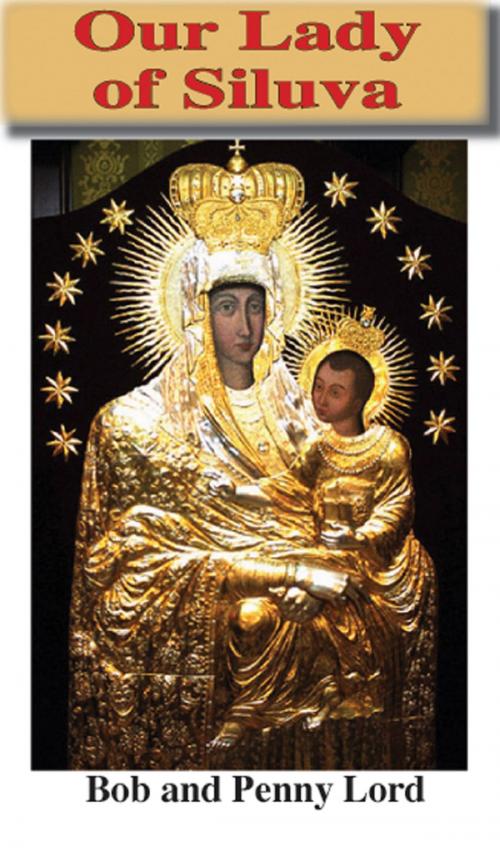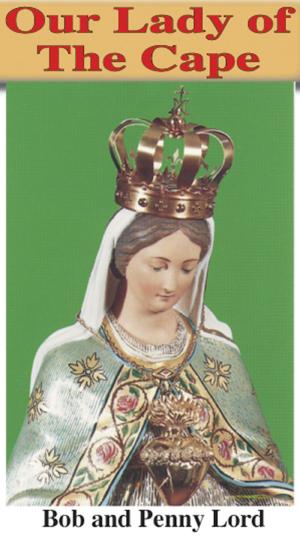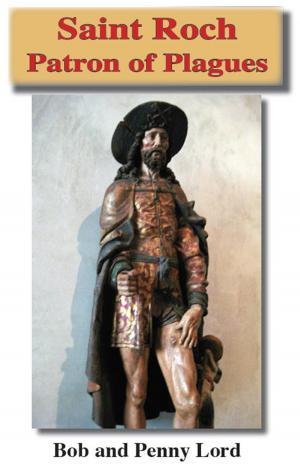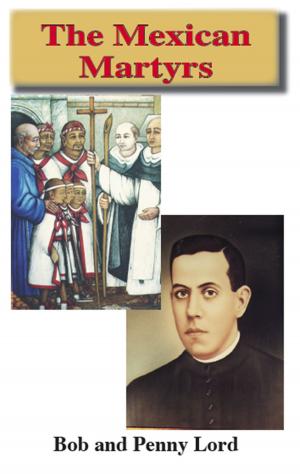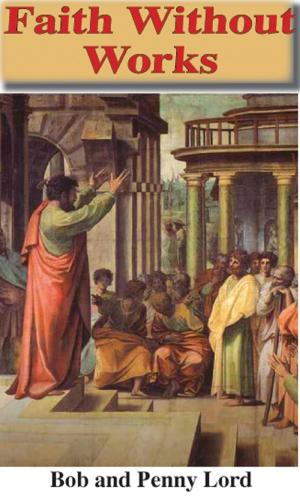Our Lady of Siluva
Nonfiction, Religion & Spirituality, Christianity, Denominations, Catholic, Catholicism| Author: | Penny Lord, Bob Lord | ISBN: | 9781458158253 |
| Publisher: | Journeys of Faith | Publication: | June 23, 2011 |
| Imprint: | Smashwords Edition | Language: | English |
| Author: | Penny Lord, Bob Lord |
| ISBN: | 9781458158253 |
| Publisher: | Journeys of Faith |
| Publication: | June 23, 2011 |
| Imprint: | Smashwords Edition |
| Language: | English |
The people of Lithuania have holy stubbornness. The holy stubbornness that made them resist the one True Faith, would be the same holy stubbornness that would keep them Catholic, in the face of great danger. That is, the people at large, not those princes who had special interests and wanted to steal the lands and churches from the Church. The Sixteenth Century had arrived and with it division and devastation.
This brings us to Siluva, 1608, where we find a small village in a remote part of central Lithuania, filled with poor farms and poorer farmers to tend their meager crops. Part of their problems was they not only had to battle the soil which was terribly sandy, they had to fight their crops, which refused to grow in the barren silt. The only things that grew prolifically were pine trees. From them, they would derive their name. In Lithuanian, a pine forest is called a Silas. Therefore the townspeople named their town Siluva.
If we remember our Church History, Our Lady always comes to inaccessible, distant, suffering places, filled with a people rich in piety but poor in resources. In Siluva what little they had was soon to be taken from them. If you want to break the back of a people take away their faith, their beliefs. And so, it would be with the suffering souls of Lithuania and Siluva.
The people of Lithuania have holy stubbornness. The holy stubbornness that made them resist the one True Faith, would be the same holy stubbornness that would keep them Catholic, in the face of great danger. That is, the people at large, not those princes who had special interests and wanted to steal the lands and churches from the Church. The Sixteenth Century had arrived and with it division and devastation.
This brings us to Siluva, 1608, where we find a small village in a remote part of central Lithuania, filled with poor farms and poorer farmers to tend their meager crops. Part of their problems was they not only had to battle the soil which was terribly sandy, they had to fight their crops, which refused to grow in the barren silt. The only things that grew prolifically were pine trees. From them, they would derive their name. In Lithuanian, a pine forest is called a Silas. Therefore the townspeople named their town Siluva.
If we remember our Church History, Our Lady always comes to inaccessible, distant, suffering places, filled with a people rich in piety but poor in resources. In Siluva what little they had was soon to be taken from them. If you want to break the back of a people take away their faith, their beliefs. And so, it would be with the suffering souls of Lithuania and Siluva.
